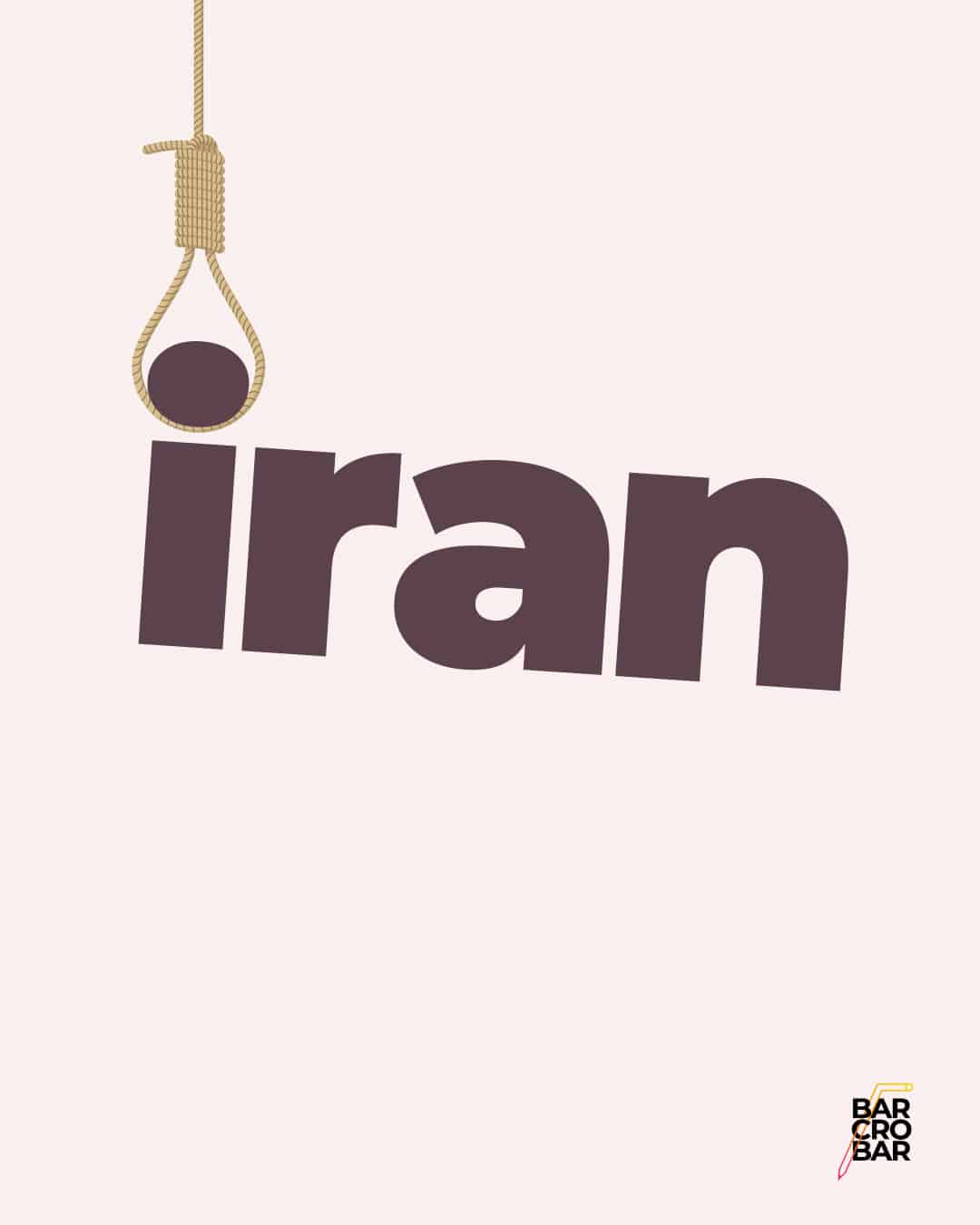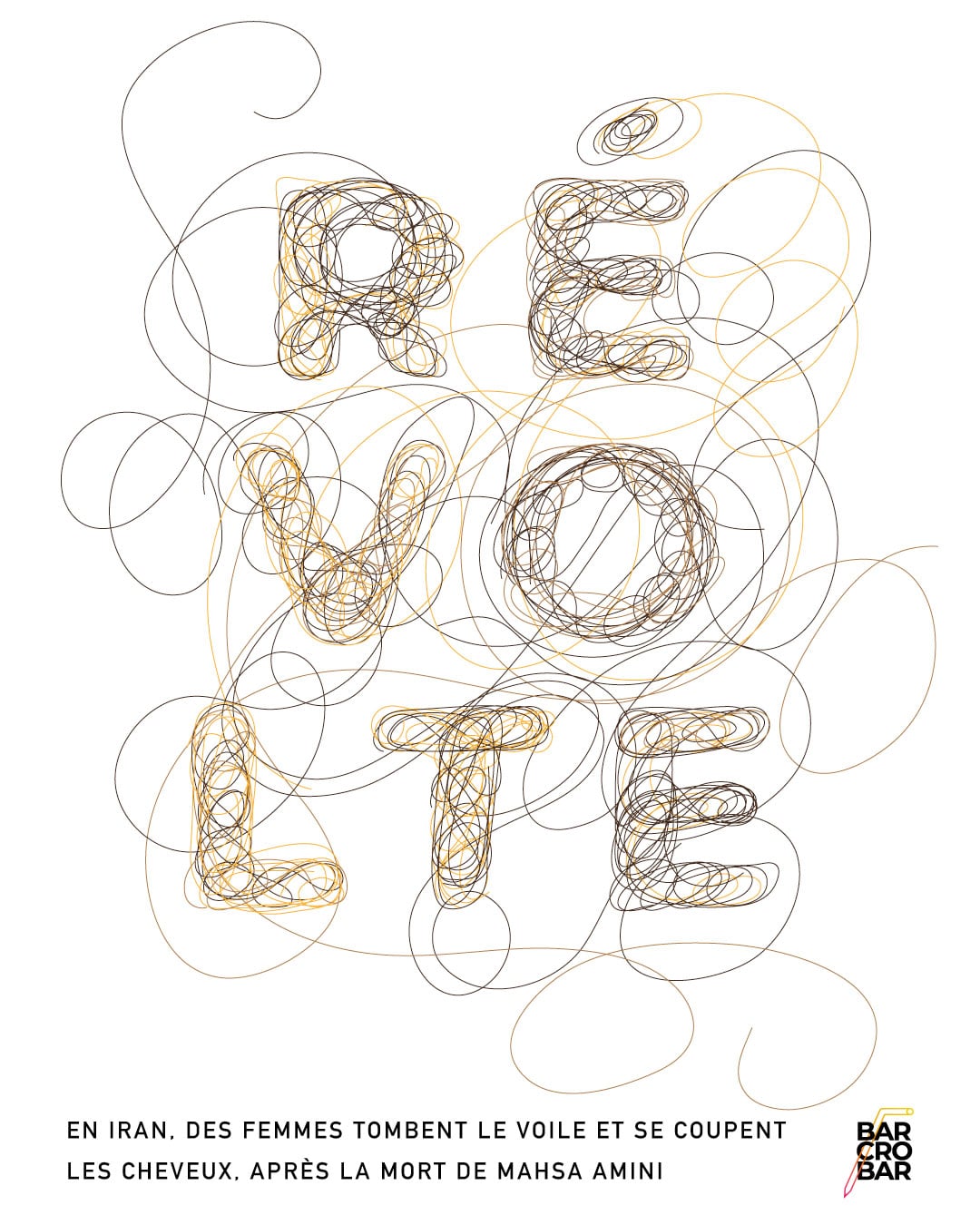The UN considers that the four executions of Iranian demonstrators in recent weeks amount to "state-sponsored murders". High Commissioner for Human Rights Volker Türk accused the Islamic regime in Geneva on Tuesday of using the death penalty as "a weapon".
The unfair trials failed to meet international human rights standards, he says. In his view, the government would do better to listen to people's grievances and guarantee fundamental freedoms. The High Commissioner reiterated his call for an "immediate moratorium" on executions.
In particular, OHCHR condemns the application of vague criminal provisions, the denial of access to a freely chosen lawyer and confessions coerced under torture. The absence of the presumption of innocence and the lack of opportunities to appeal are also targeted. Similarly, the death penalty has been imposed for crimes that do not justify it, insists Mr Türk. It should only be applied to extremely serious offences such as intentional homicide.
The four people executed were executed in secret, without their families being informed. This approach violates international law, according to the UN. Nearly twenty more demonstrators are believed to have been sentenced to this punishment, including at least one woman and two people who could be executed soon, and more than a hundred could face execution.
System applied by the authorities
Iran, for its part, threatened on Tuesday to "firmly" punish those who violate the strict law on the wearing of headscarves in its crackdown on demonstrations, and is planning major measures against them, according to a deputy public prosecutor. The country's judiciary has announced a new death sentence. The High Commissioner is due to hold a meeting shortly in Geneva with the Iranian authorities.
Text by KEYSTONE - ATS / le nouvelliste.ch


